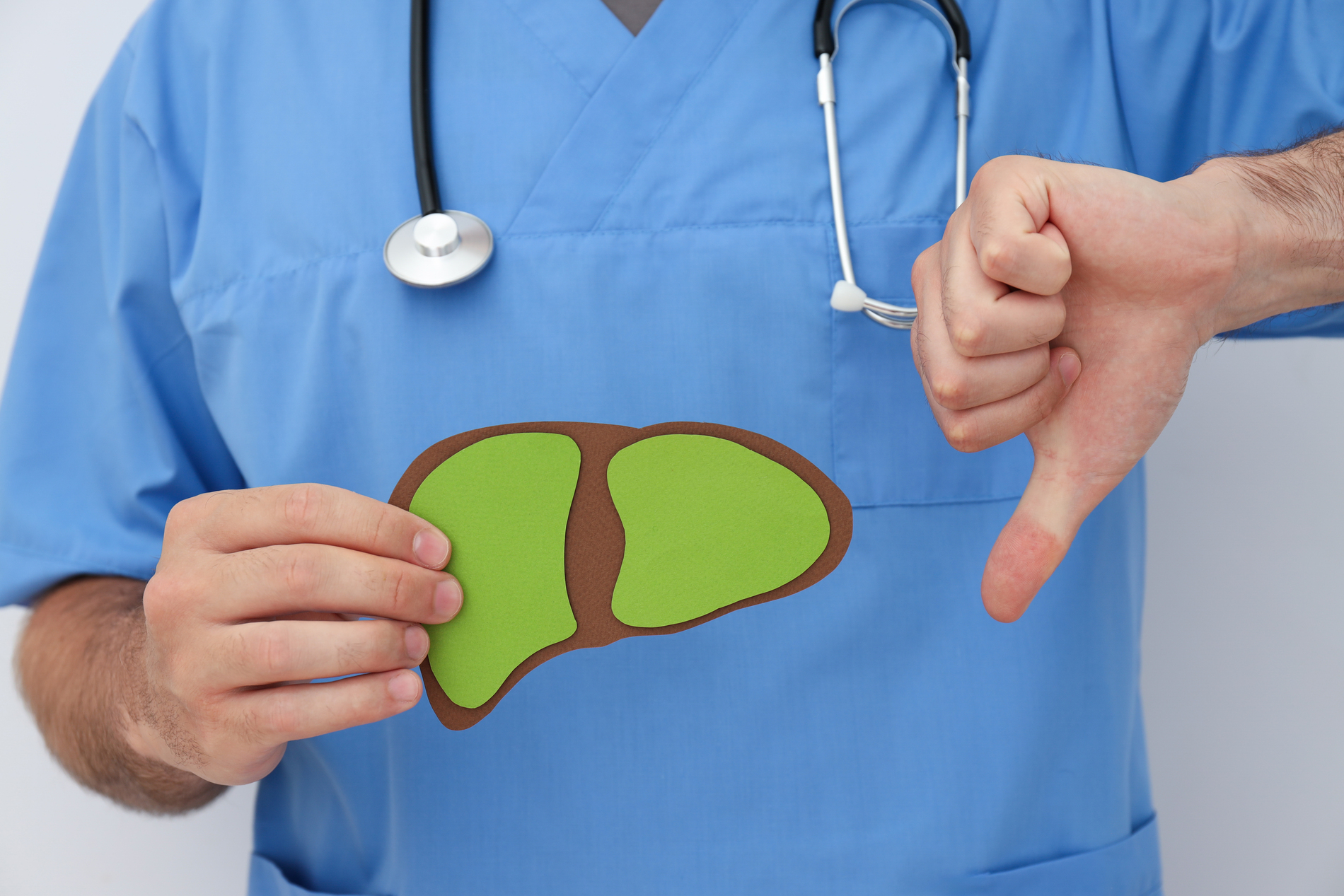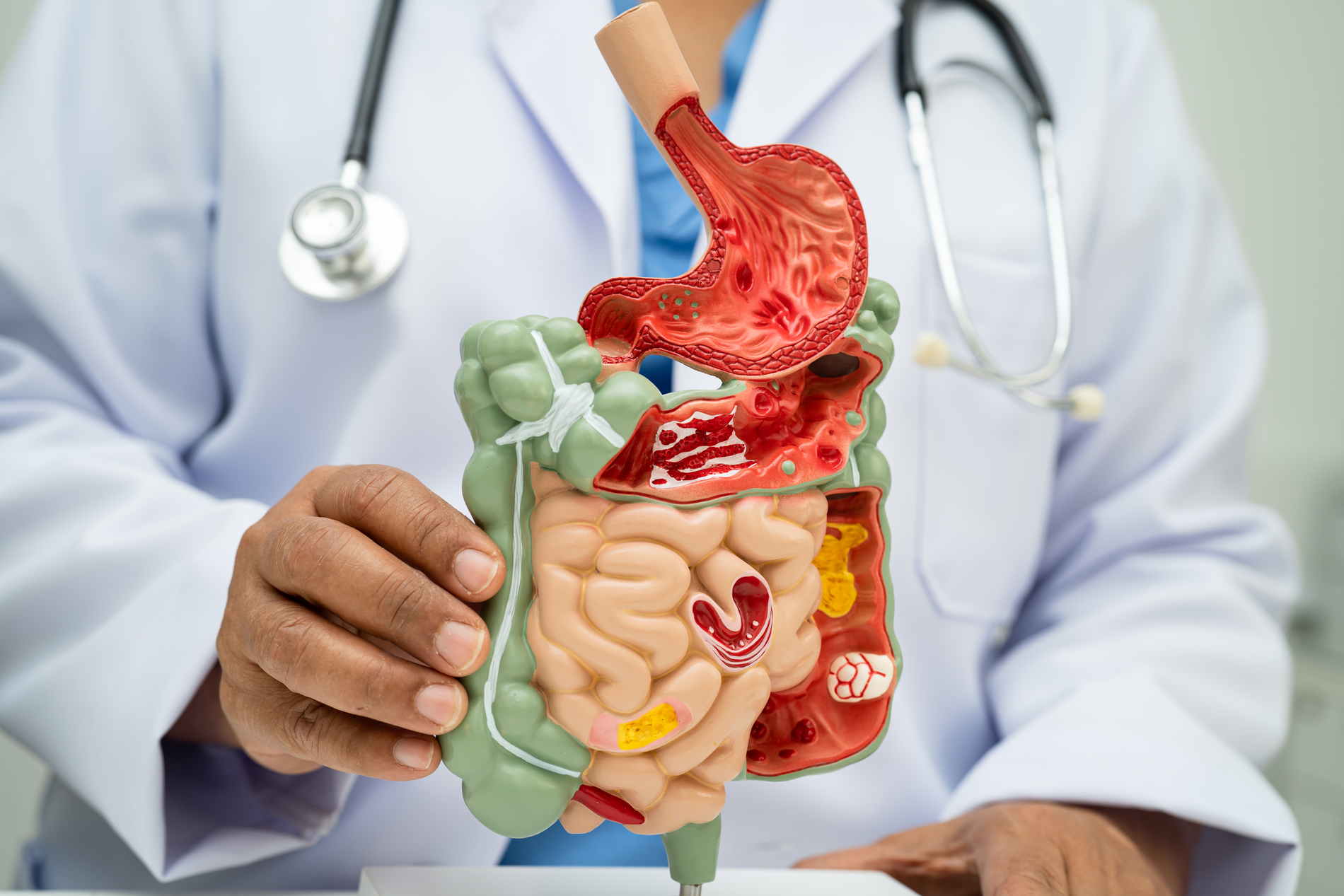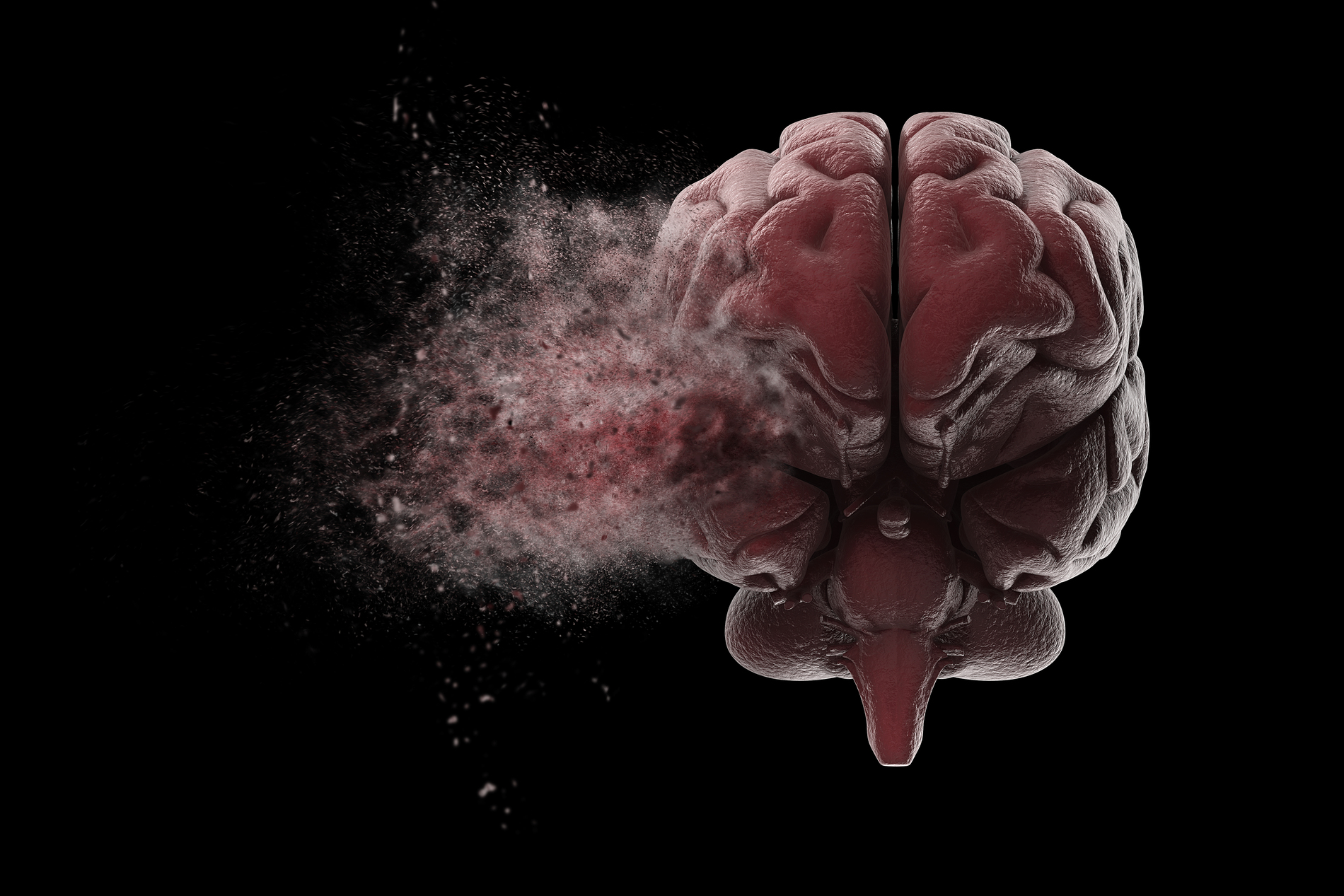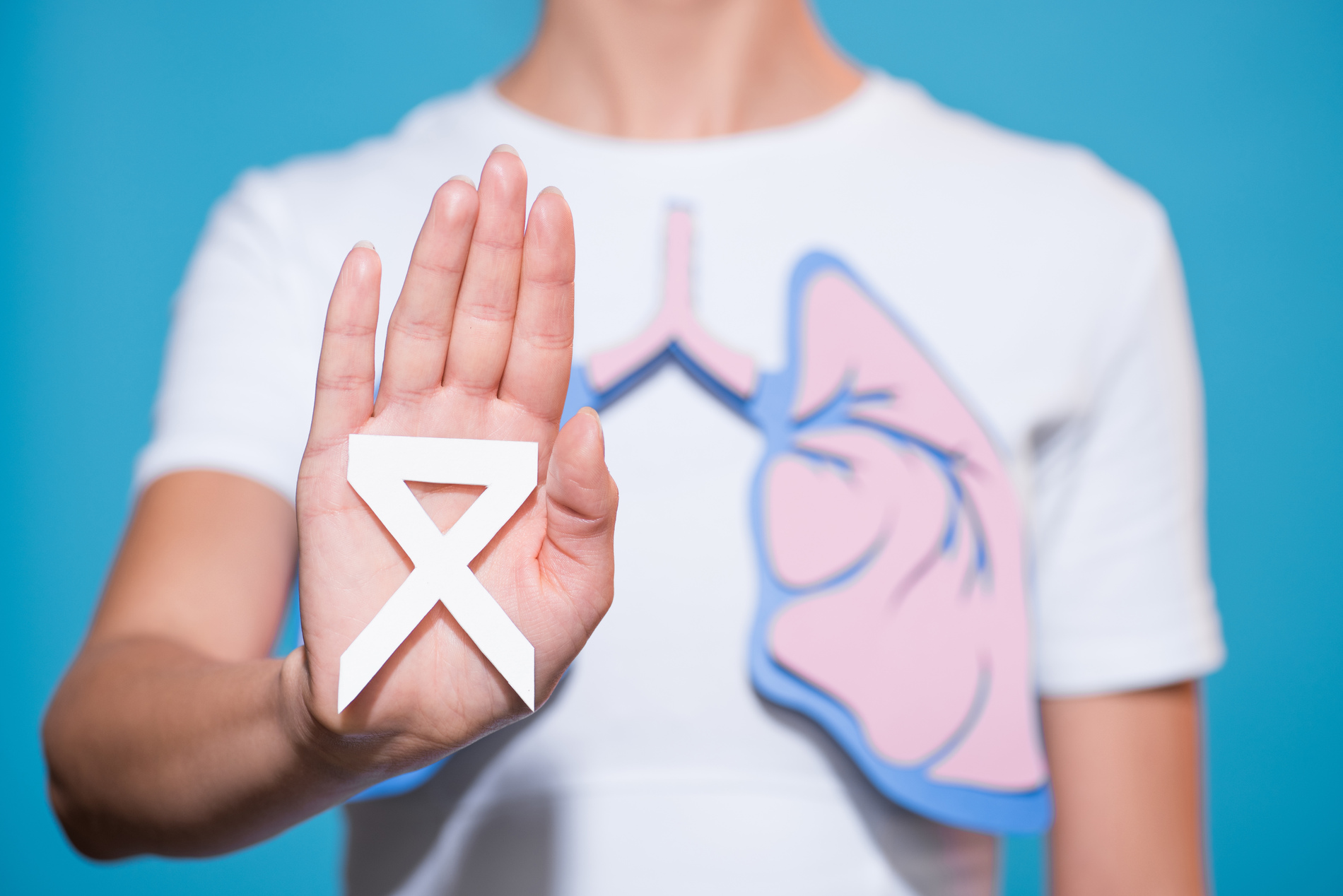
Having a glass of wine or a cold beer occasionally isn’t usually a reason for alarm, but what happens if “just one more” turns into a routine? Health professionals explain that drinking too much alcohol can affect almost every bodily part, frequently in subtle ways.
Beyond just causing a hangover, alcohol can harm your vital organs and interfere with your sleep. Here are 11 unexpected and dangerous consequences of excessive alcohol consumption, along with the reasons why reducing your intake could be one of the best decisions you can make for your long-term health.
1. Liver Damage

Let’s start with your liver, which is the organ that suffers the most. More than 90% of the alcohol you consume is processed by your liver. Long-term excessive alcohol consumption can cause cirrhosis, a potentially fatal illness, hepatitis, fibrosis, and fatty liver. Nutritionists claim that excessive drinking significantly speeds up damage and that even moderate drinking can alter liver enzymes.
2. Heart Problems

Red wine has been associated with heart health when consumed in moderation, but excessive alcohol has the opposite effect. Blood pressure, arrhythmias, and cardiomyopathy—a condition that weakens the heart muscle—can all be exacerbated by it. Even in younger adults, binge drinking is a significant risk factor for stroke.
3. Weight Gain and Belly Fat

Alcohol has no nutritional value and is high in calories, with almost 7 calories per gram. Dietitians say excessive drinking can cause weight gain, particularly around the middle. This is because drinking alcohol slows down your metabolism and makes you crave more fatty, salty foods. Additionally, it hinders your body’s capacity to effectively burn fat.
4. Mental Health Issues

Although alcohol is a central nervous system depressant, it may temporarily feel like a stress reliever. Heavy drinking over time raises the risk of depression, exacerbates anxiety, and causes mood swings. Mental health experts assert that there is a direct correlation between alcohol misuse and disorders such as PTSD and bipolar disorder.
5. Sleep Disruption

Alcohol can actually affect the quality of your sleep, despite the fact that many people use it to wind down at night. It may speed up your sleep, but it decreases REM sleep, which is the stage that allows for dreaming and mental recovery. Even after spending the entire night in bed, this can leave you feeling sleepy, agitated, and mentally disoriented the following day.
6. Weakened Immune System

Drinking too much alcohol weakens your immune system, which makes it more difficult for your body to fight off infections. Heavy drinkers are more susceptible to colds, the flu, and even pneumonia, according to studies. White blood cells are vital for protecting the body from disease, but alcohol interferes with their production.
7. Digestive Troubles

Alcohol damages your digestive system and stomach. It can result in bloating, acid reflux, and gastritis, an inflammation of the stomach lining. Heavy drinking over time can cause deficiencies and imbalances in the gut by interfering with the absorption of vital nutrients like zinc, magnesium, and B vitamins.
8. Memory and Brain Fog

Your short-term memory, focus, and ability to make decisions can all be impacted by excessive drinking. Alcohol consumption over time can reduce brain volume, particularly in regions linked to learning and emotional control. Neurologists claim that long-term heavy drinking is associated with cognitive decline and, in extreme situations, alcohol-related dementia.
9. Skin Issues

Alcohol causes inflammation and dehydration, which eventually manifests on your skin. Acne, dullness, broken capillaries, and facial redness can all result from it. Alcohol can also throw off the hormone balance, which makes it more likely that skin conditions like psoriasis and rosacea will worsen or flare up.
10. Hormonal Imbalance

Both men and women’s hormone production can be disrupted by excessive alcohol use. Men may experience fatigue, weight gain, and decreased libido as a result of its potential to lower testosterone levels. It can interfere with menstrual cycles and alter estrogen levels in women. Reproductive health, mood, and energy levels can all be impacted by these imbalances.
11. Increased Cancer Risk

The World Health Organization states that alcohol is a Group 1 carcinogen, which means that it has a direct connection to some cancers. These include cancers of the mouth, throat, esophagus, liver, breast, and colon. Drinking more raises your risk, and it’s even higher if you smoke or eat poorly.
Nutritionists and medical professionals concur that moderation is essential. According to the CDC, moderate drinking is defined as no more than one drink for women and two for men per day. However, depending on your age, lifestyle, and state of health, even tiny amounts can make a difference.
Consider reducing your intake or taking a break if you’re beginning to feel that alcohol is hurting you more than it’s helping. Even a brief period of abstinence can improve your sleep, give you more energy, and help you think more clearly. Your brain and body will appreciate it.




